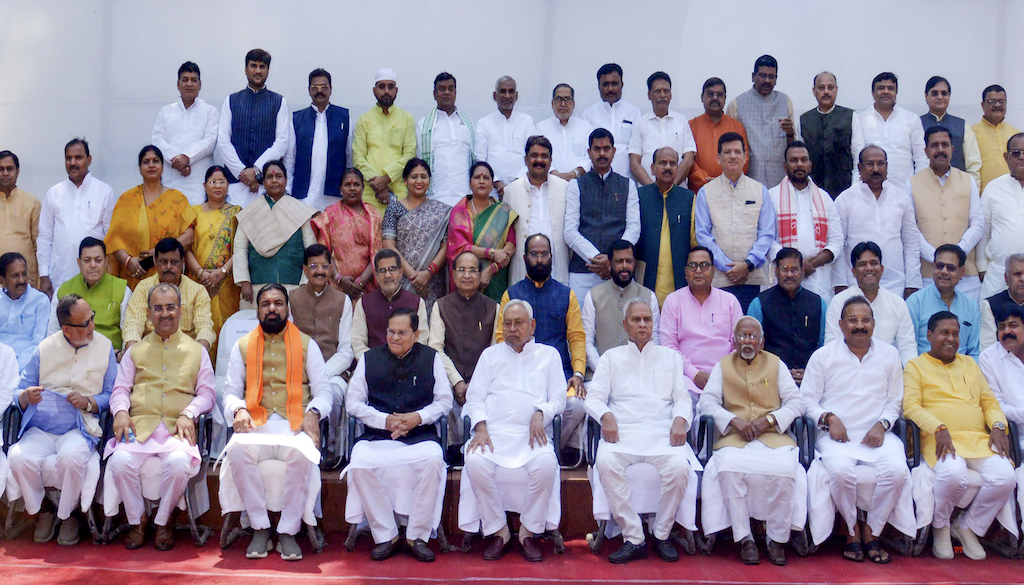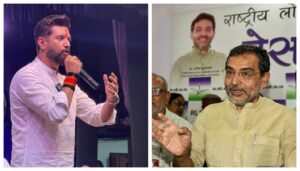Bihar Assembly Budget Session: House Functioned for Just 70 Hours in 18 Days, Nitish-Rabri Spat Takes Centre Stage

Patna: The Bihar assembly’s budget session concluded on Thursday amidst political disputes and legislative discussions. Key moments included heated exchanges between Chief Minister Nitish Kumar and former Chief Minister Rabri Devi, as well as a confrontation between Leader of Opposition Tejashwi Prasad Yadav and Deputy Chief Minister Samrat Choudhary.
Originally scheduled to run until March 28, the session was shortened by a day due to the Eid festival. Over the course of the session, 3,857 questions were raised, with 2,944 accepted and 2,400 answered. Additionally, 278 attention notices were submitted, out of which 227 were addressed. The assembly received 622 requests, accepting 616, while 344 petitions were filed, with 311 approved. In total, 271 non-official resolutions were discussed.
Legislative Activity and Budget Approval
The session, which typically runs for 20 days, was reduced to 18 due to Holi and Eid. With disruptions on two days, effective proceedings lasted for 16 days, amounting to approximately 70 hours of deliberation.
The government passed a Rs 3.17 lakh crore budget for the financial year 2025-26 and approved four bills. The session saw limited participation from some key figures, including Tejashwi Prasad Yadav, who was present for only four days, and RJD leader Tej Pratap Yadav, whose questions went unanswered. Several MLAs, including BJP’s Arun Sinha and RJD rebel Chetan Anand, were also notably absent from discussions.
Opposition Criticism and Government’s Response
Opposition leaders criticized the government’s handling of crucial issues. AIMIM MLA Akhtarul Iman lamented the lack of discussion on Seemanchal’s development, stating, “People’s hard-earned money has been wasted. The government kept running away from people’s questions.”
RJD’s Alok Mehta also expressed dissatisfaction, saying, “We wanted to raise the questions of the public, but the government did not take them seriously. The government could not answer issues like jobs, employment, and law and order.”
Despite the criticism, government ministers defended the session’s effectiveness. Minister Madan Sahni claimed, “The government has answered all the questions in the House. This budget session was quite successful.”
Election-Year Politics and Key Issues
With assembly elections approaching, both the ruling coalition and the opposition were keen to project accountability. The session saw significant discussions on the 65% reservation policy, the Waqf Bill, and law and order issues. Notably, the Question Hour proceeded largely without disruption, a rarity in Bihar’s assembly.
Of Bihar’s 36 ministers, seven belong to the Legislative Council and cannot ask questions, while others opted to raise issues during Zero Hour. Several questions went unanswered due to time constraints, with written responses provided instead.
As Bihar gears up for elections, the budget session provided a preview of the political battles to come, setting the stage for an intense electoral contest later this year.





